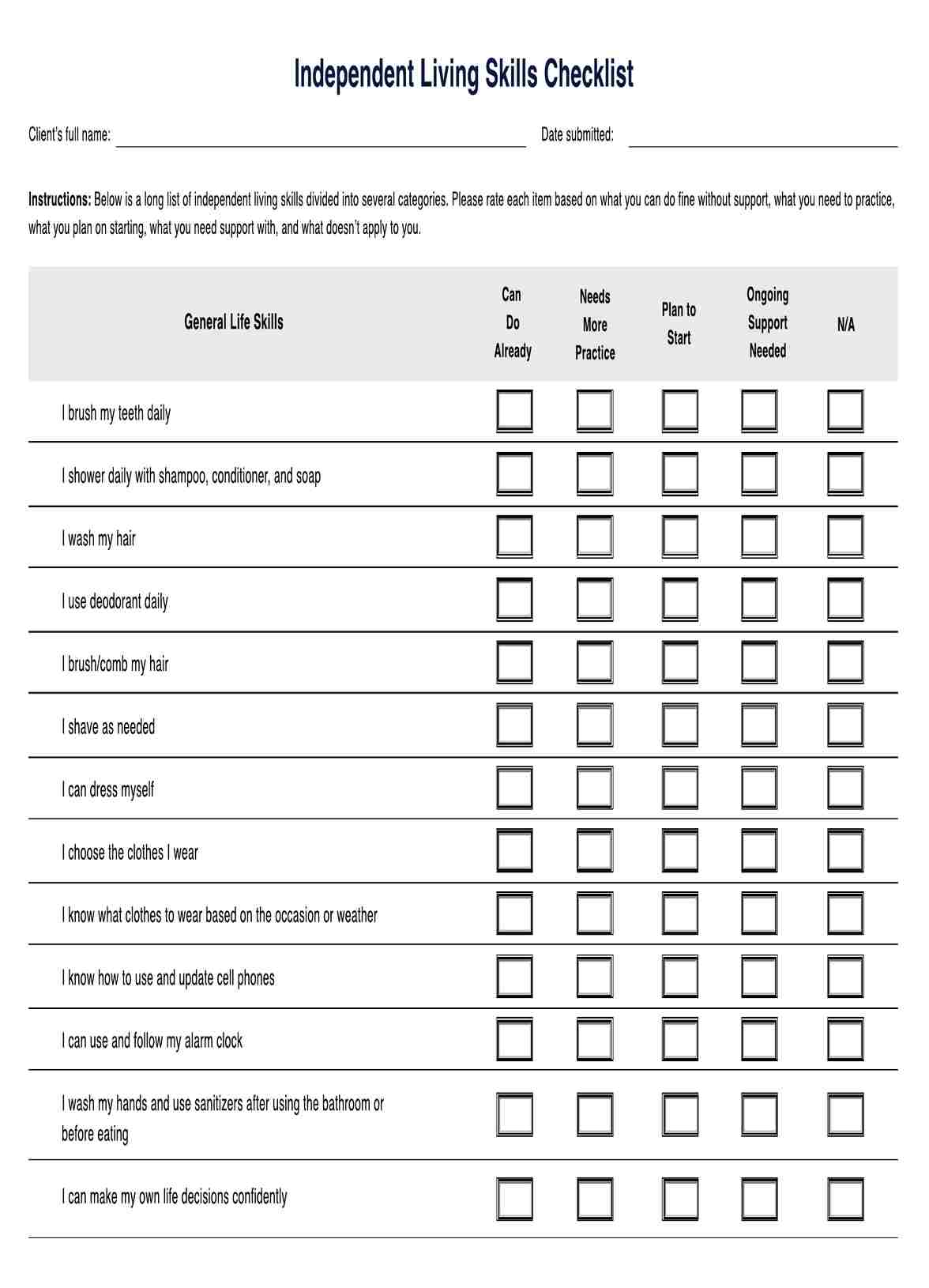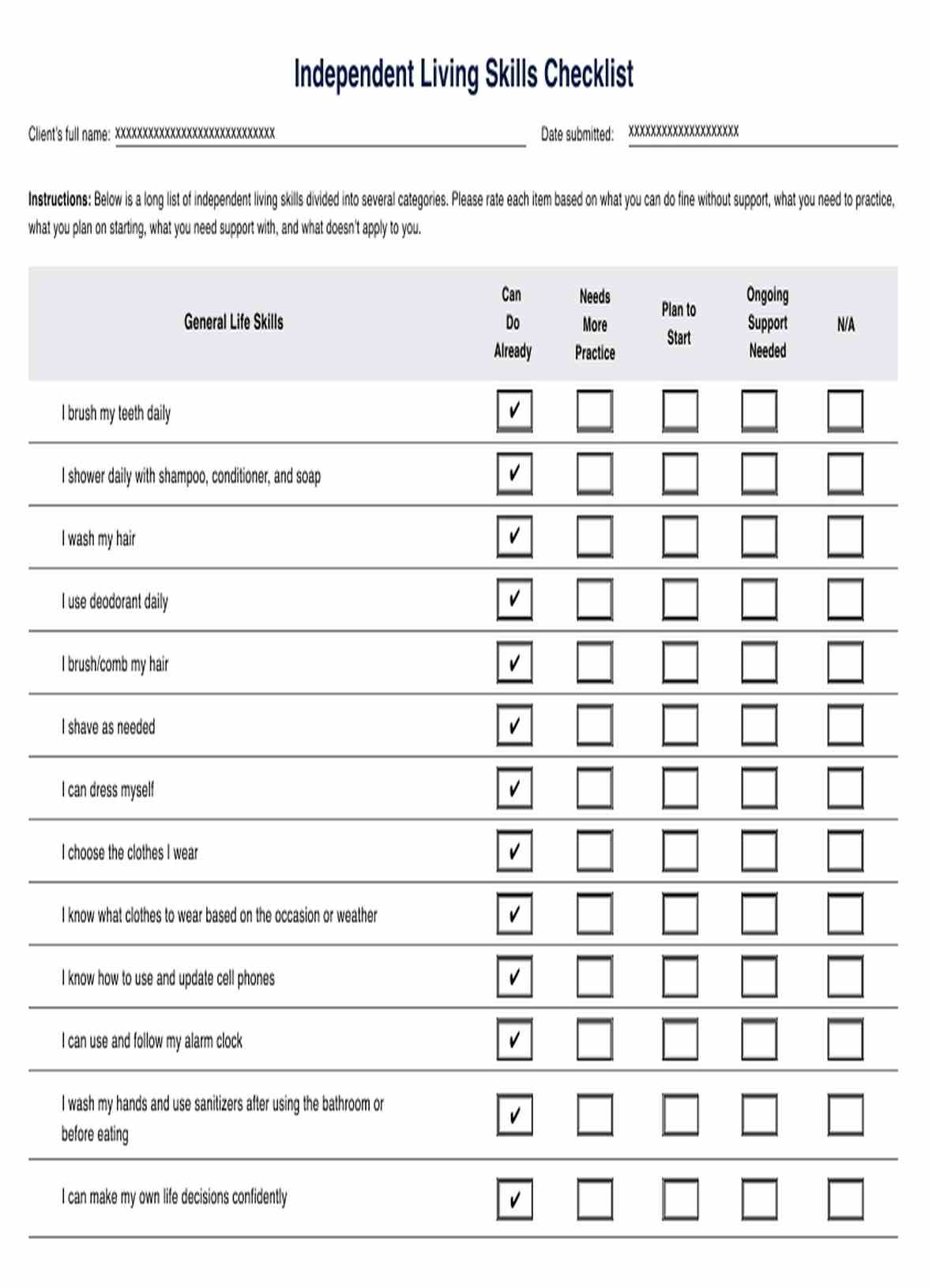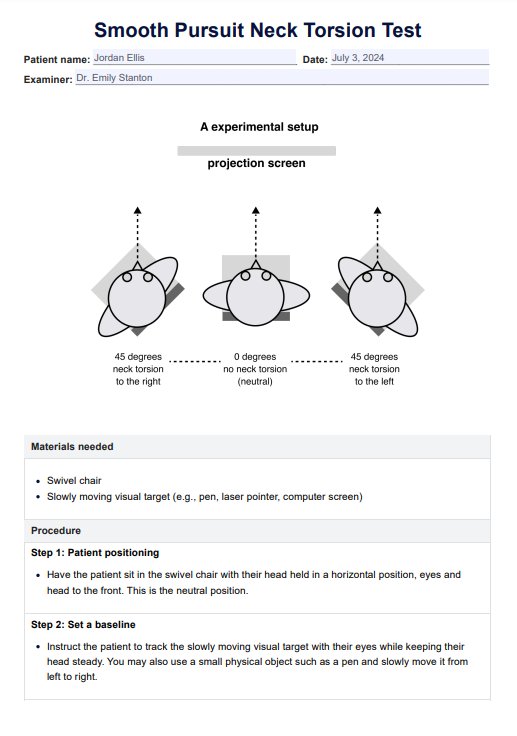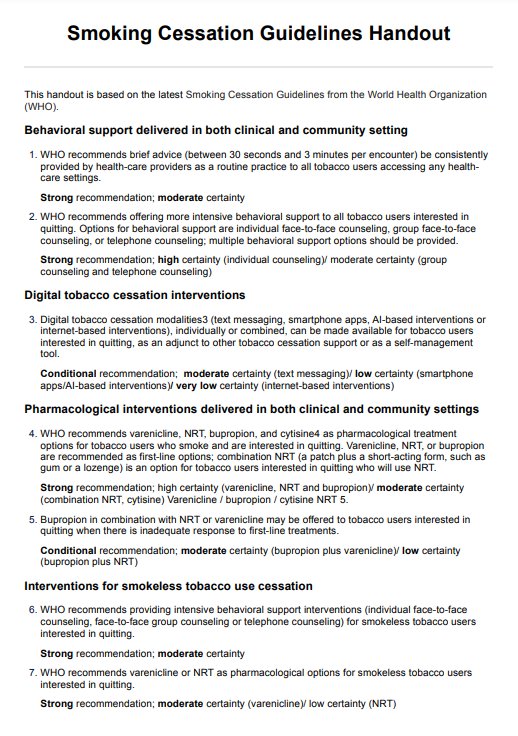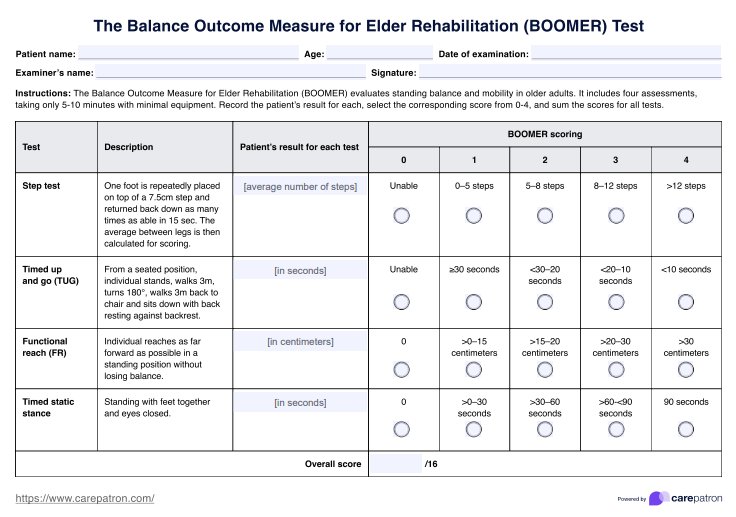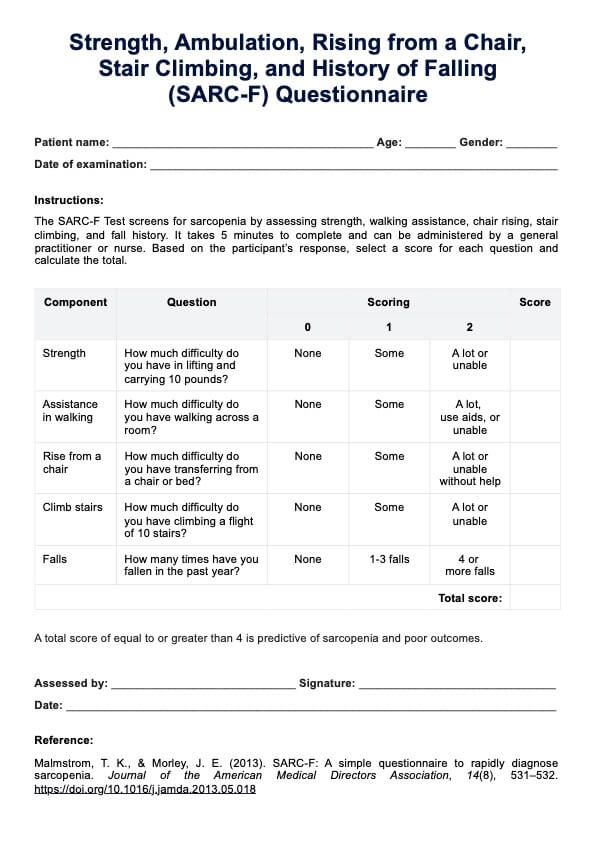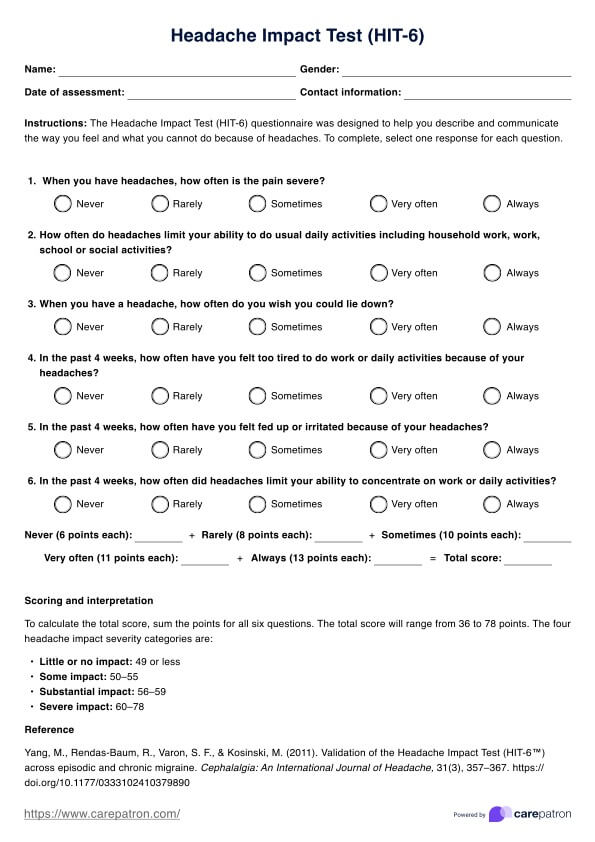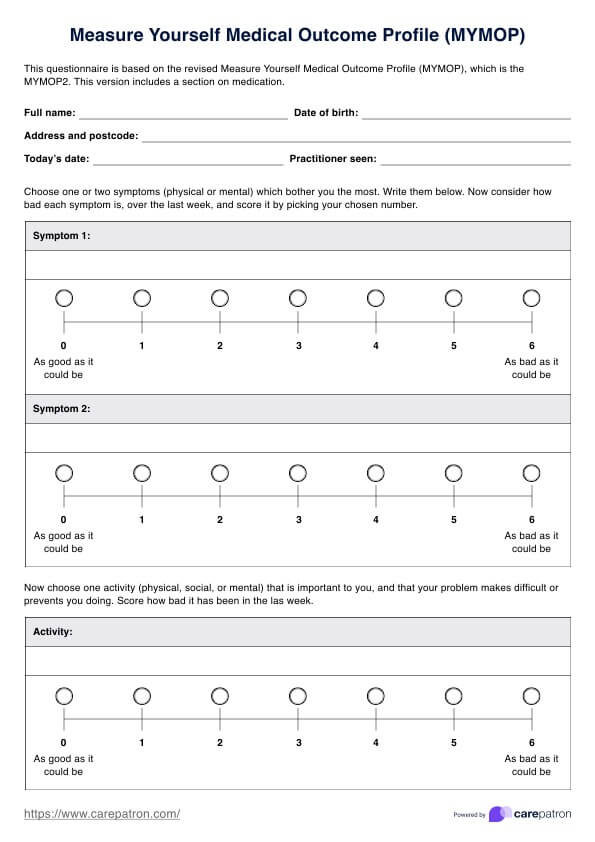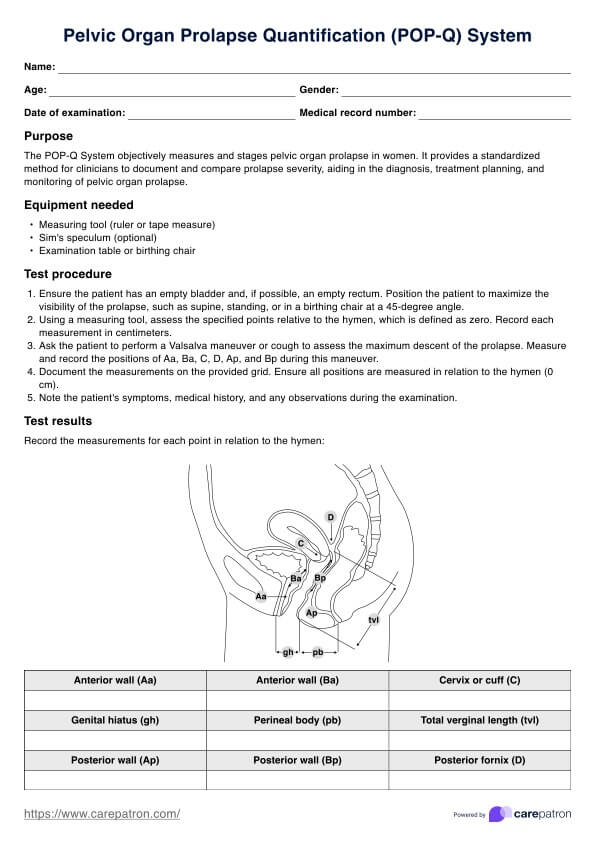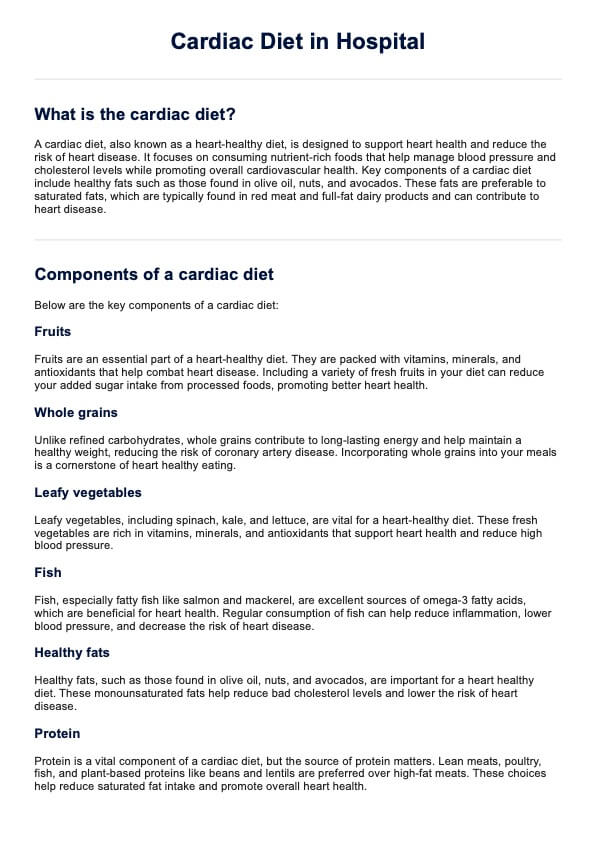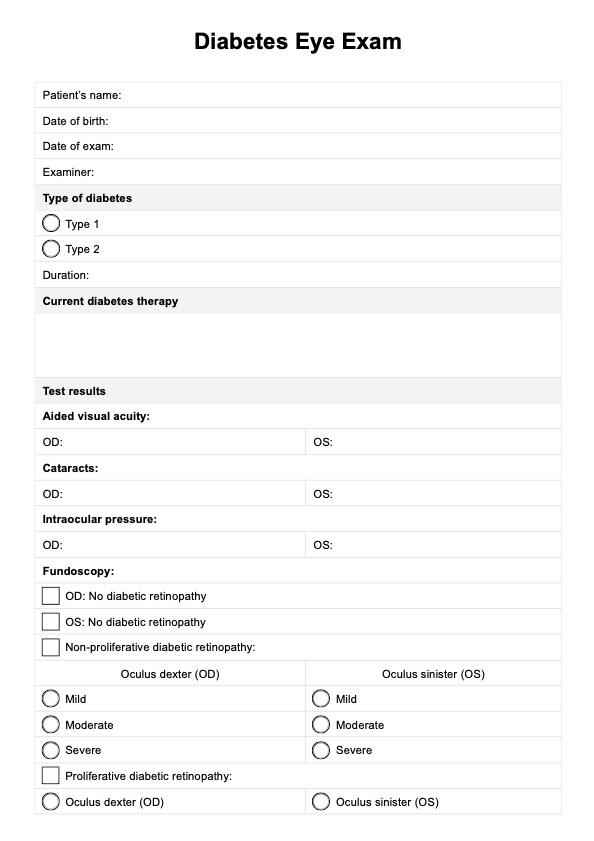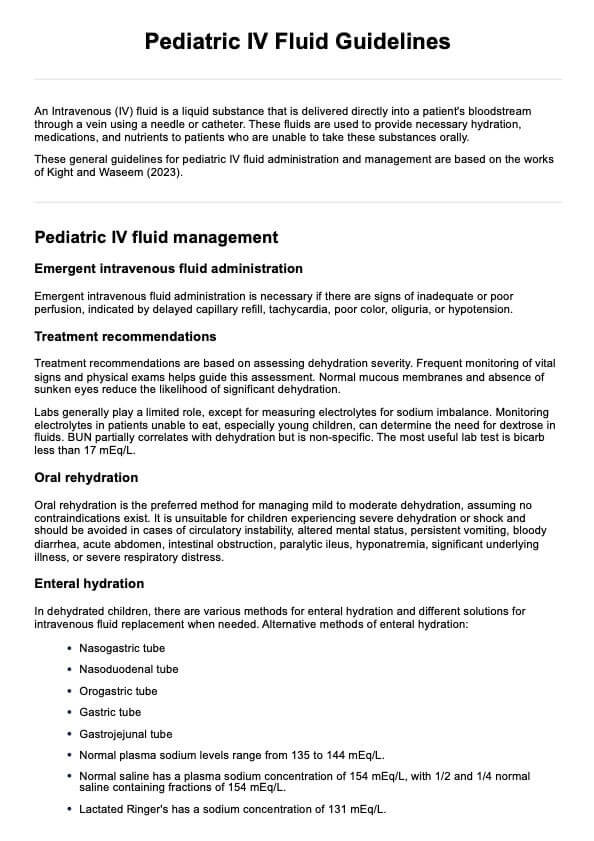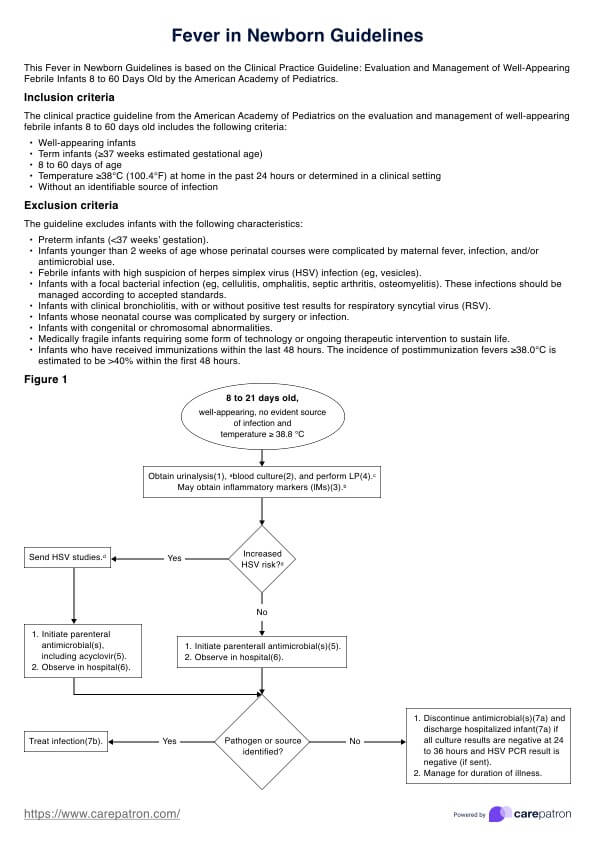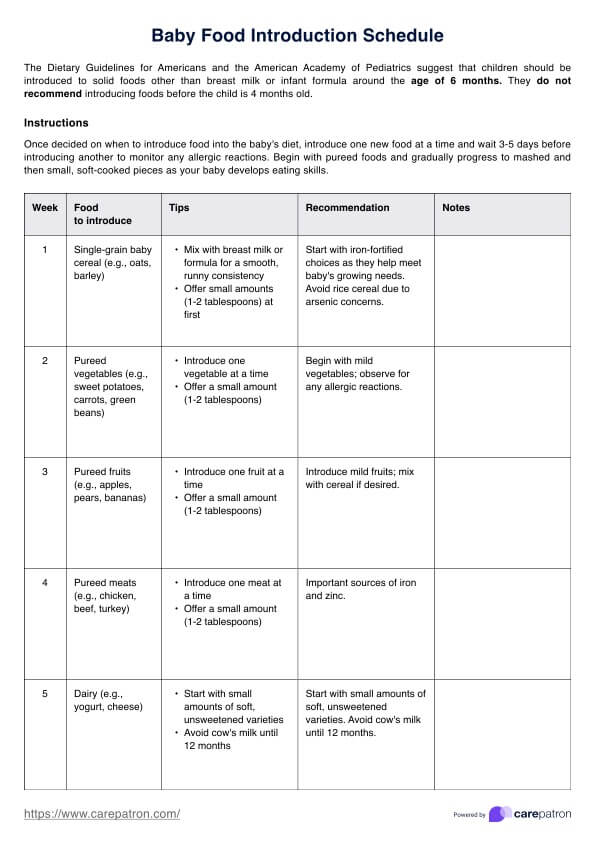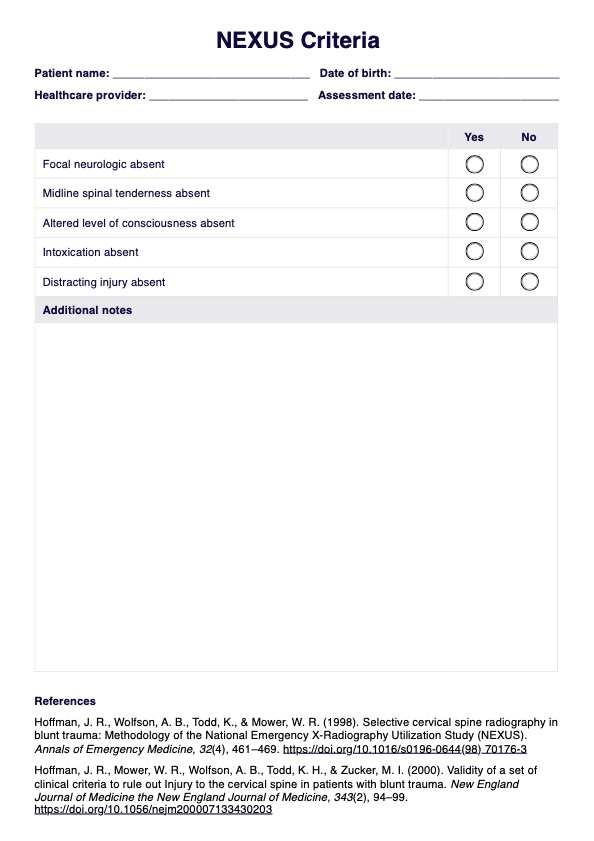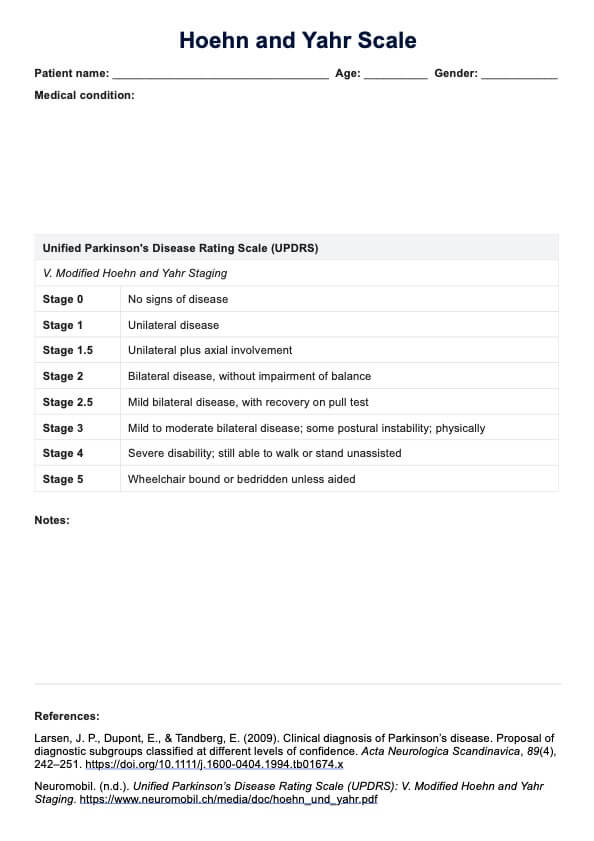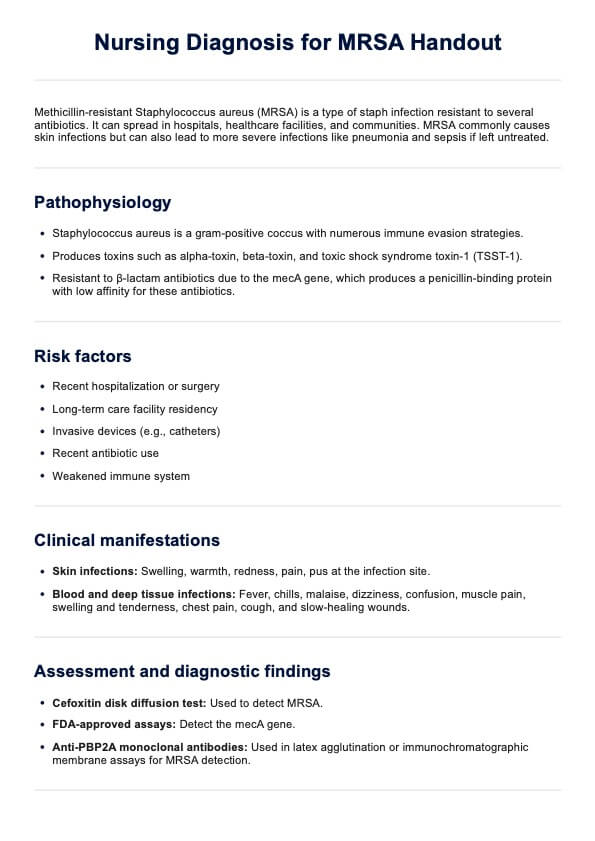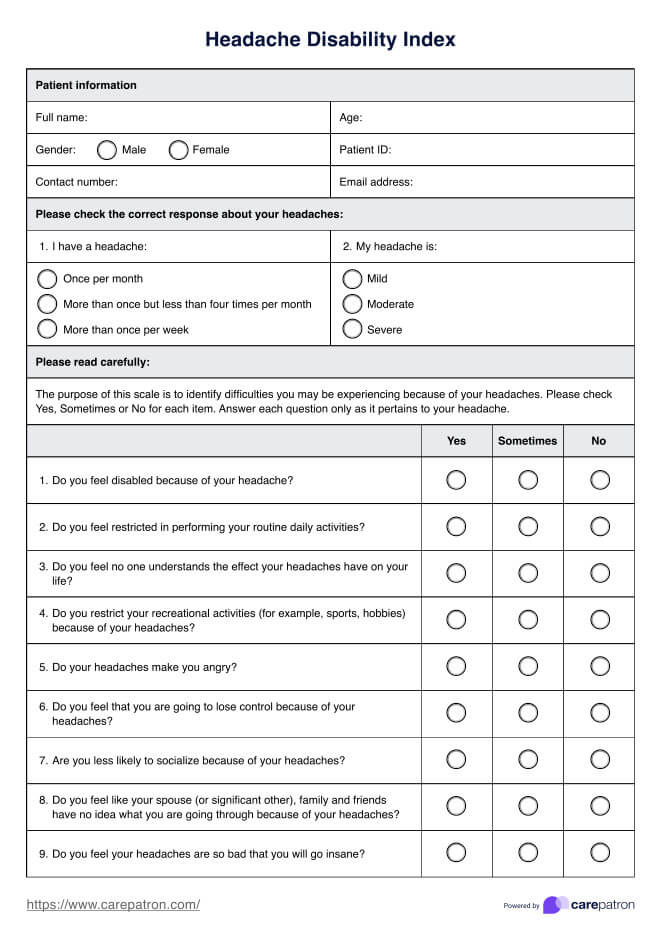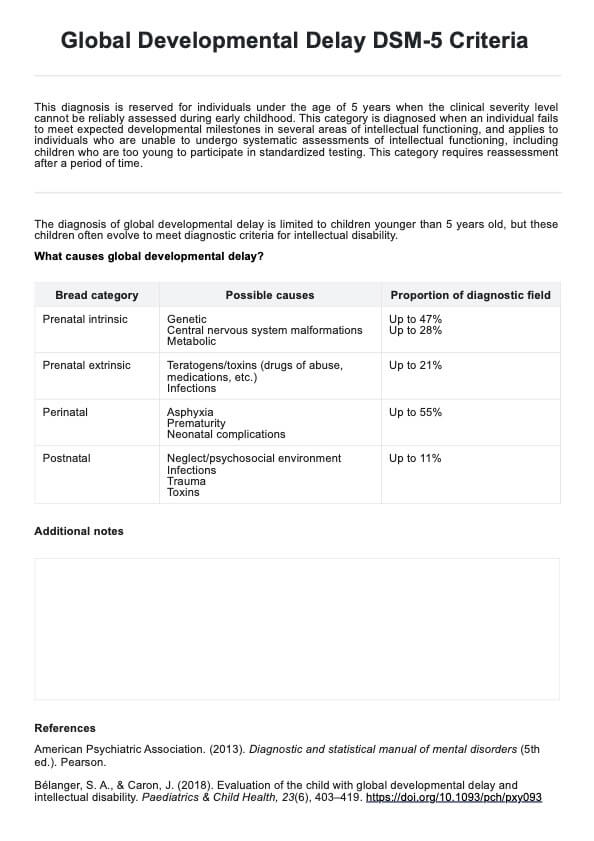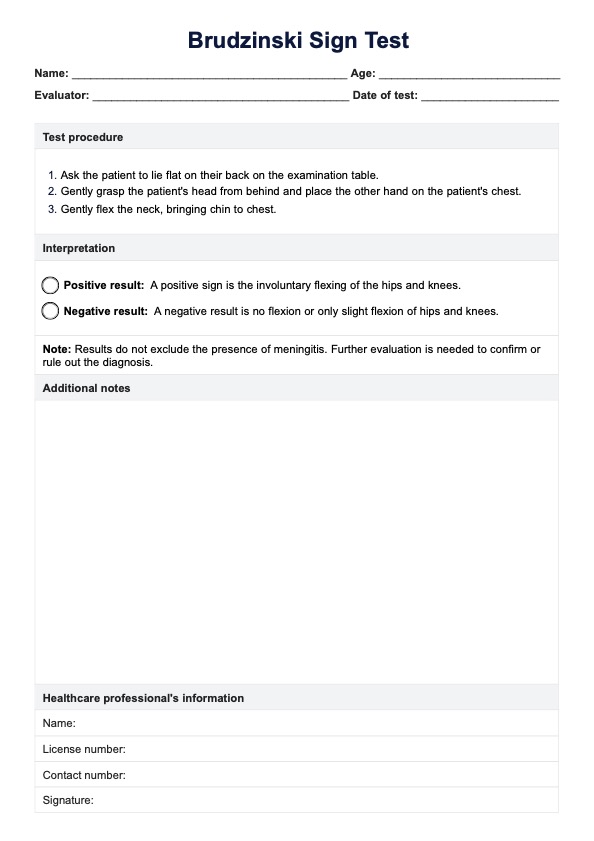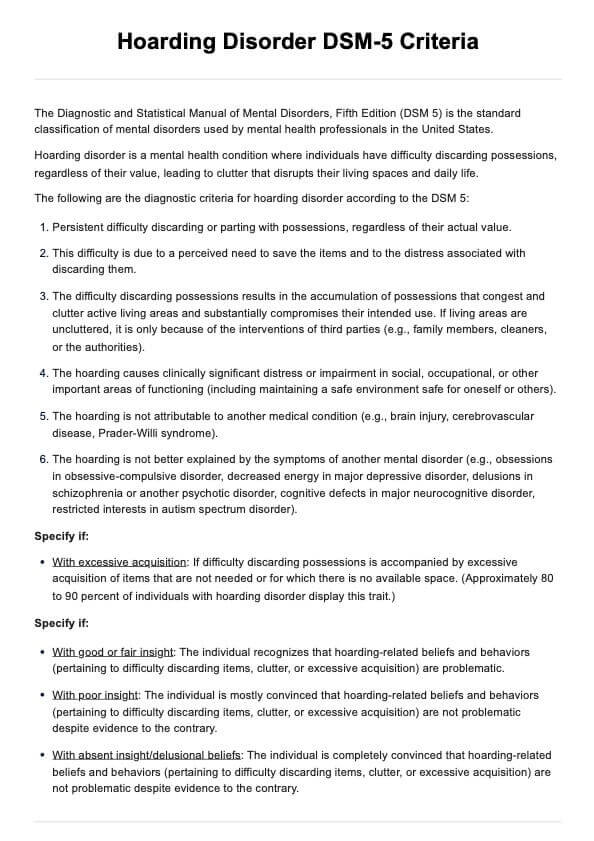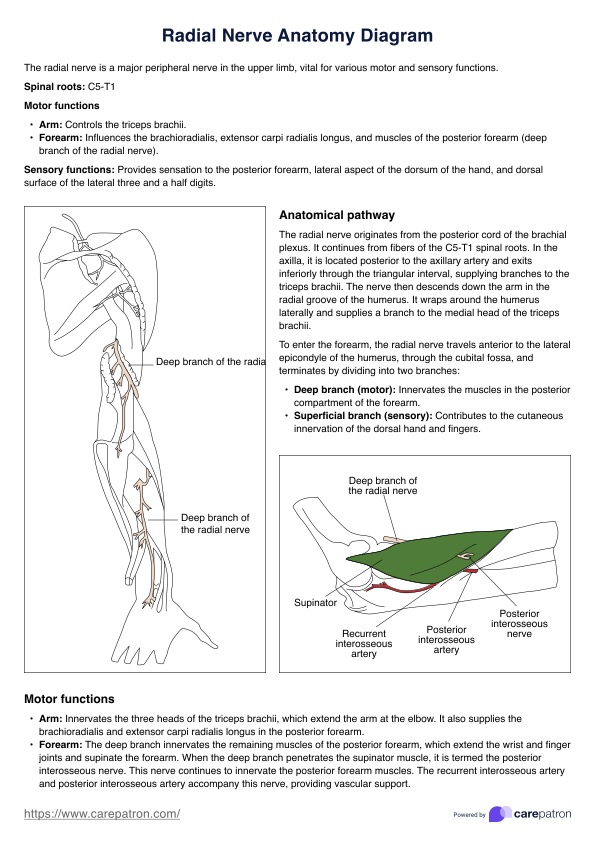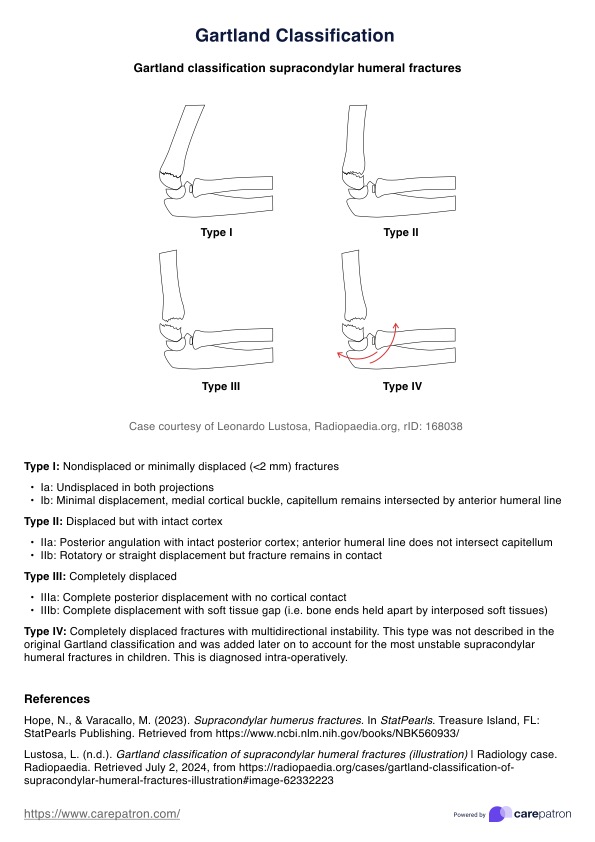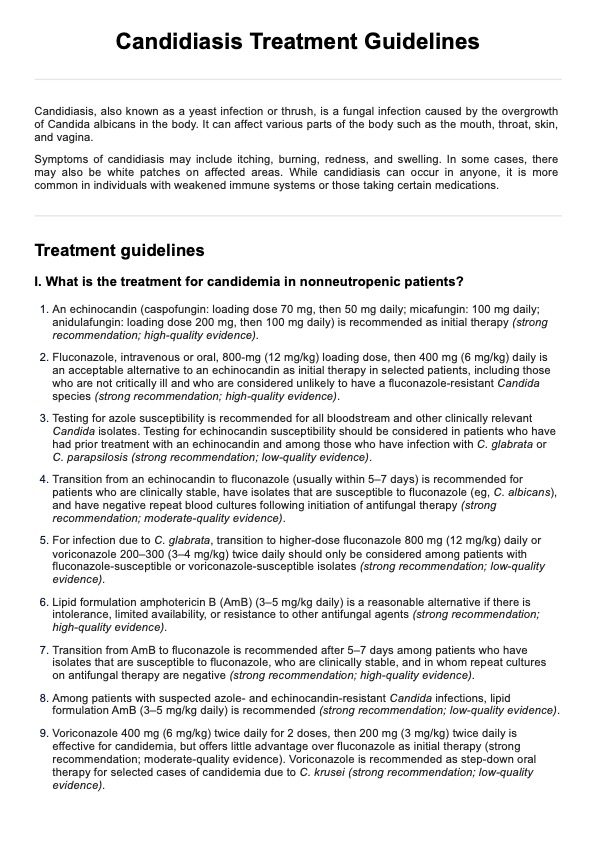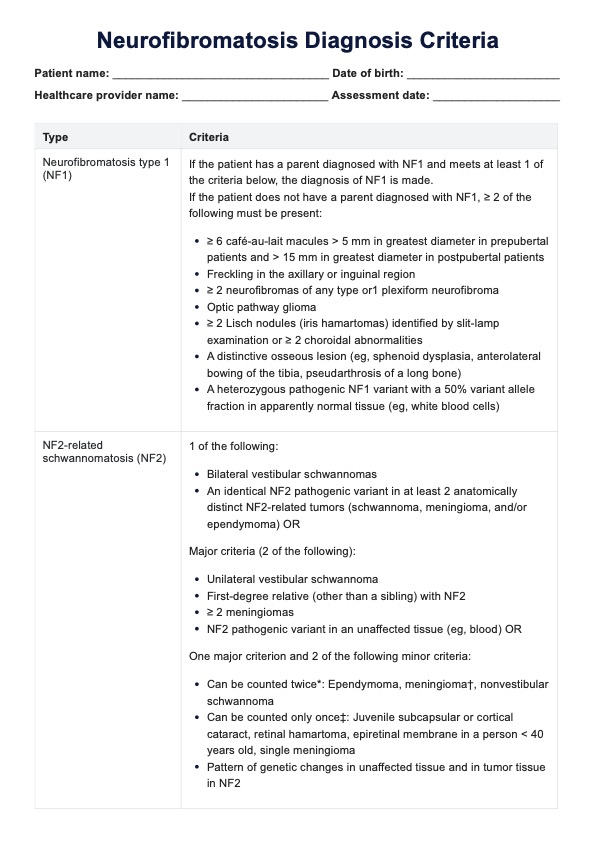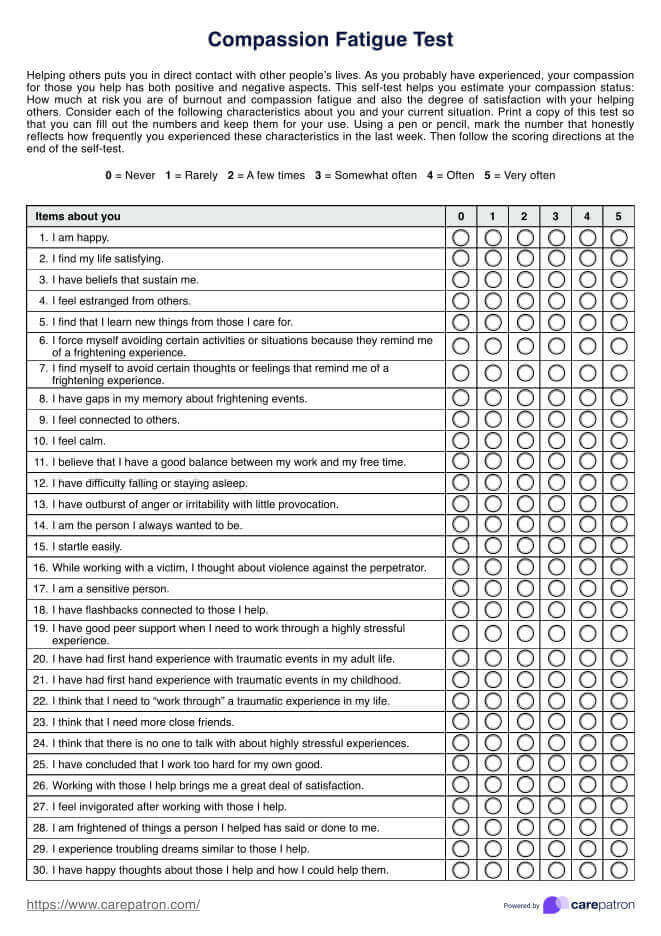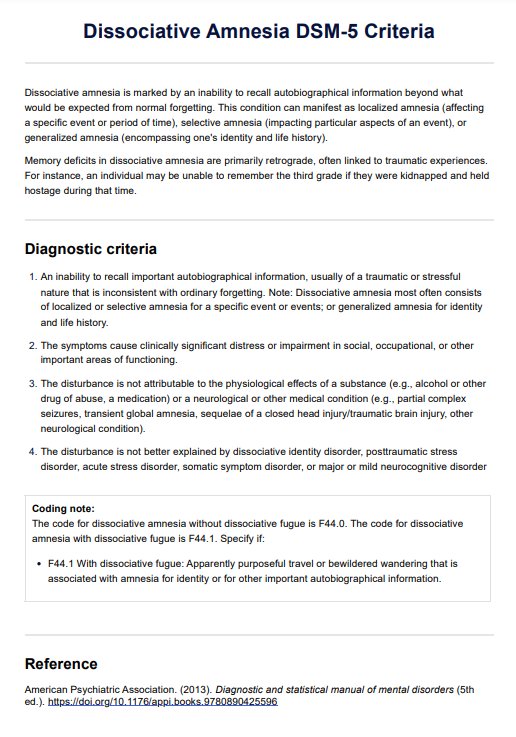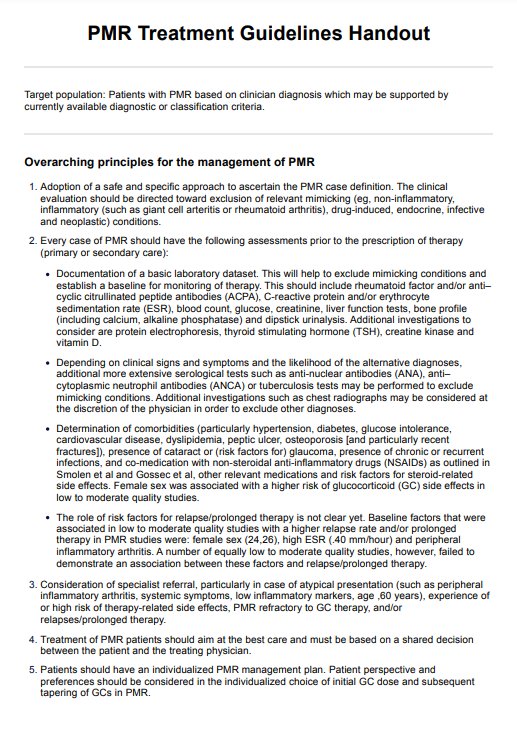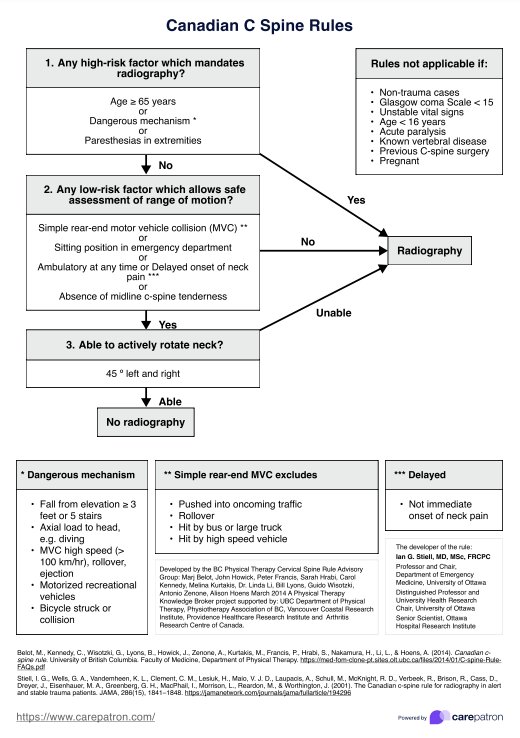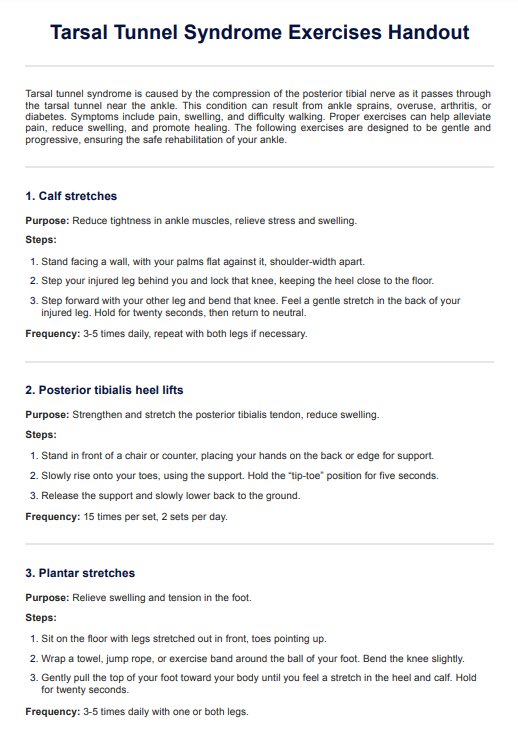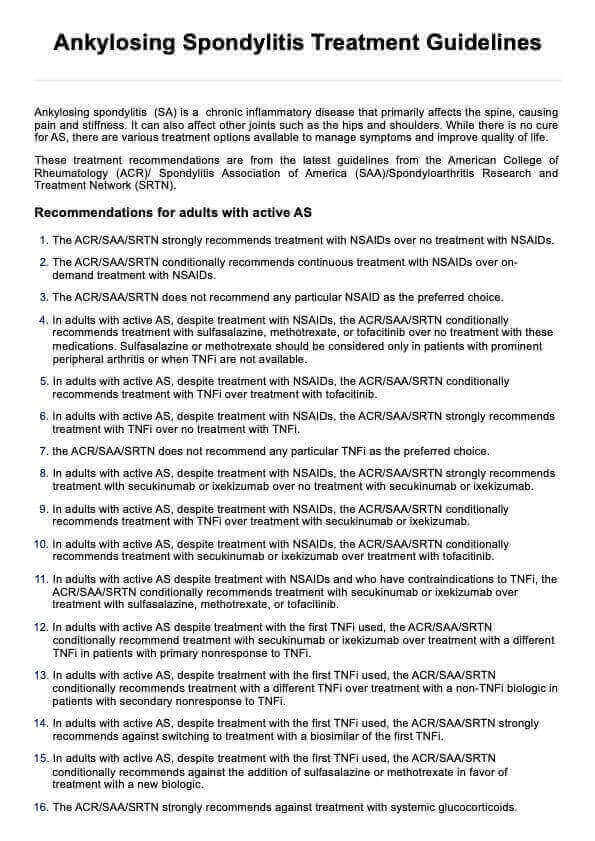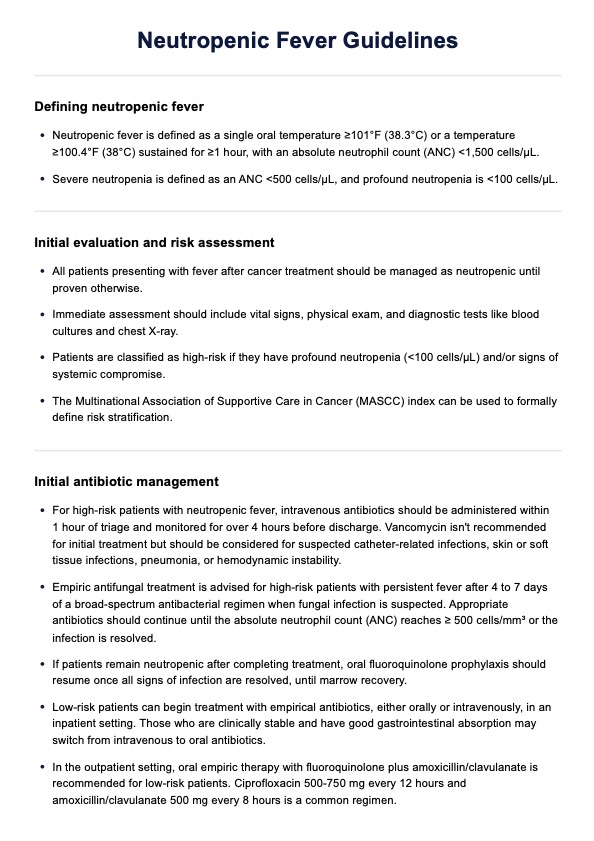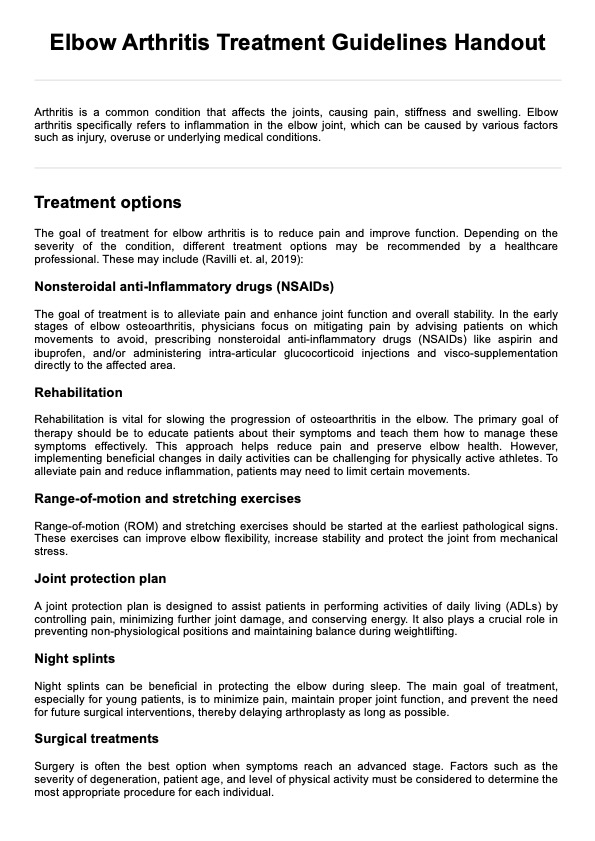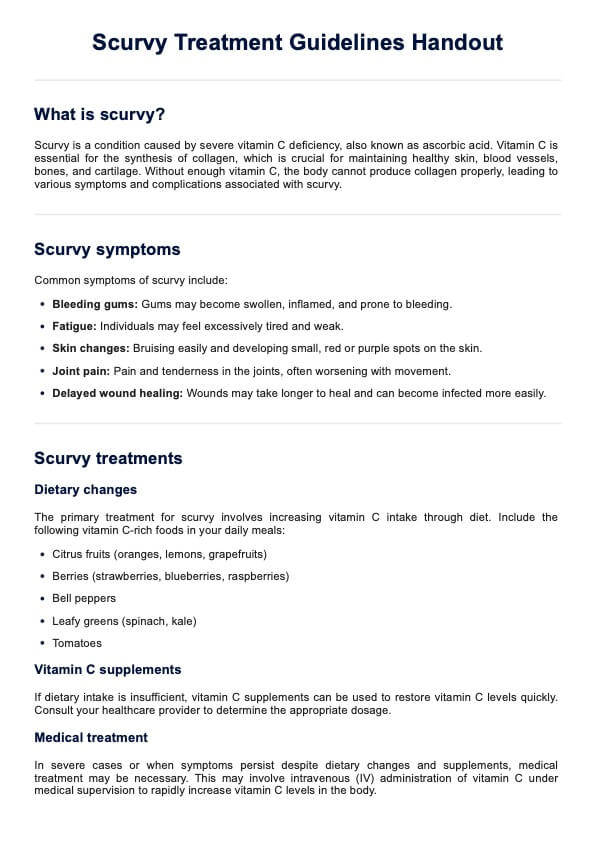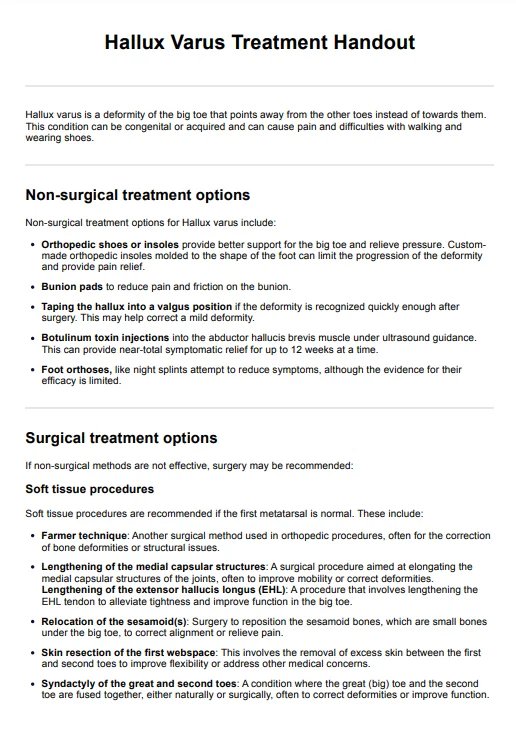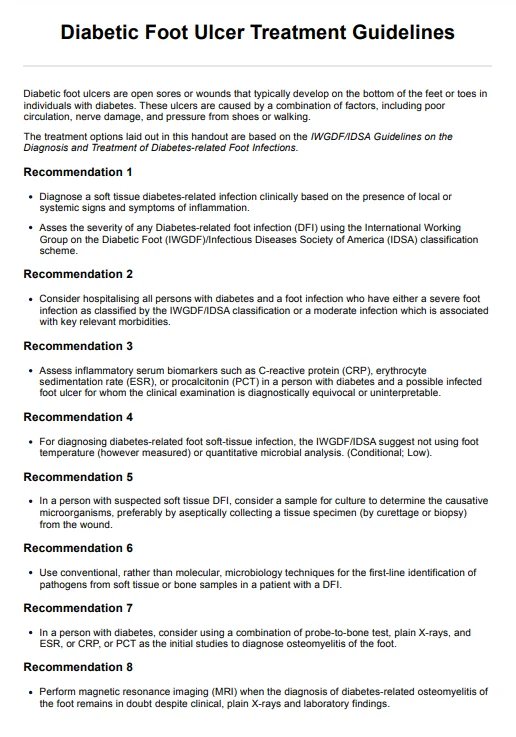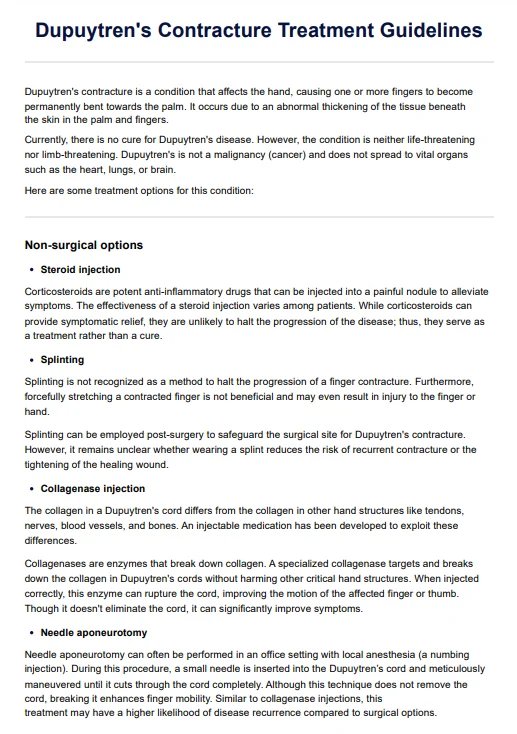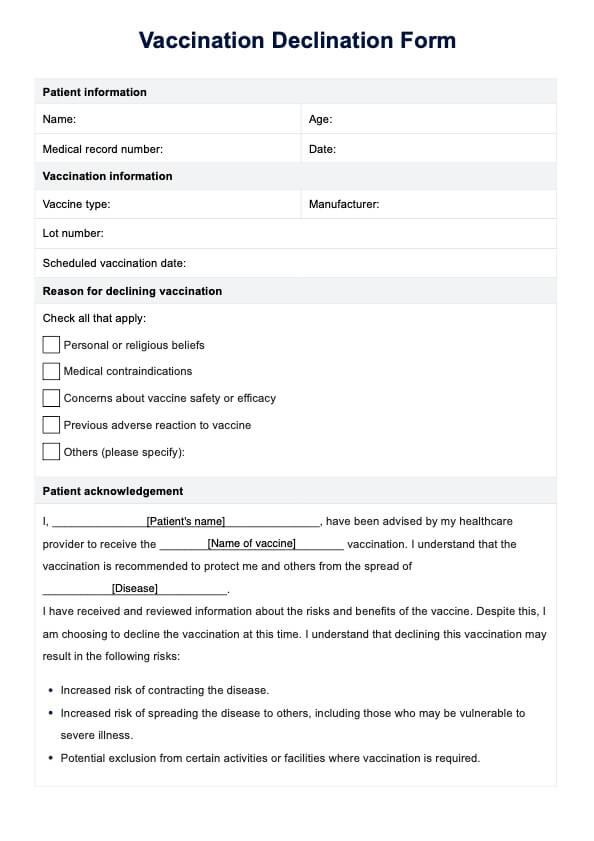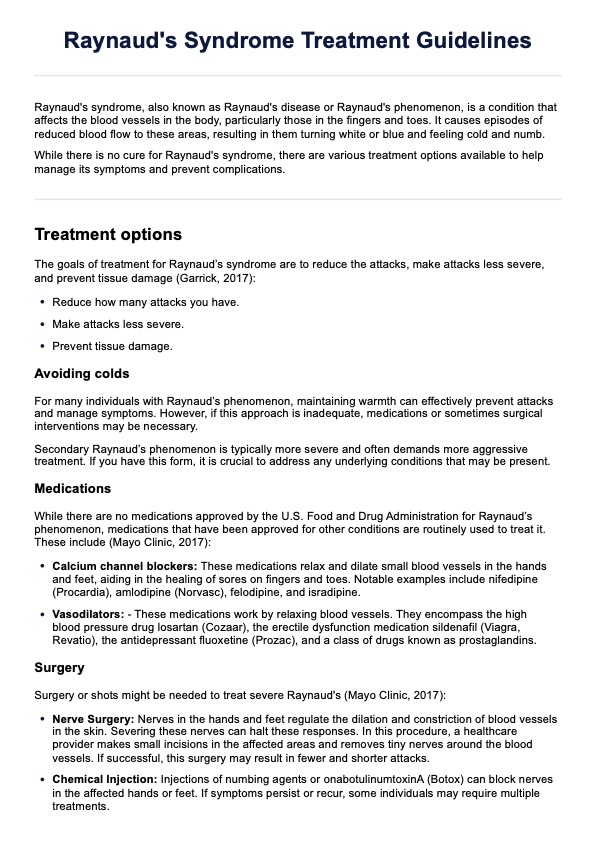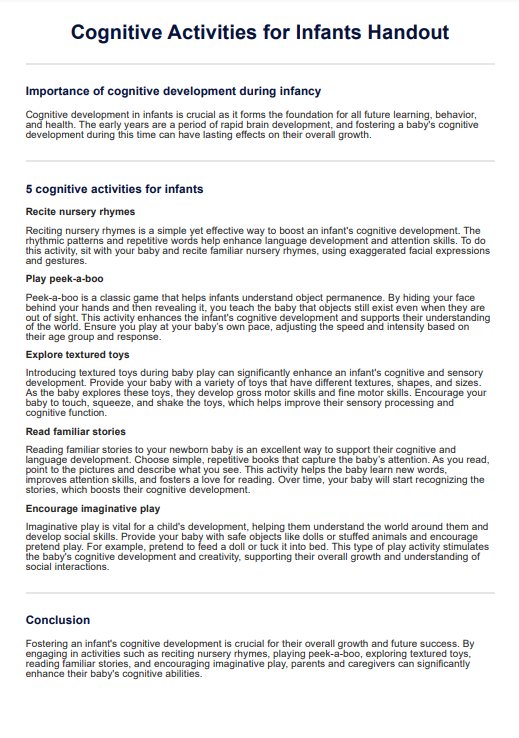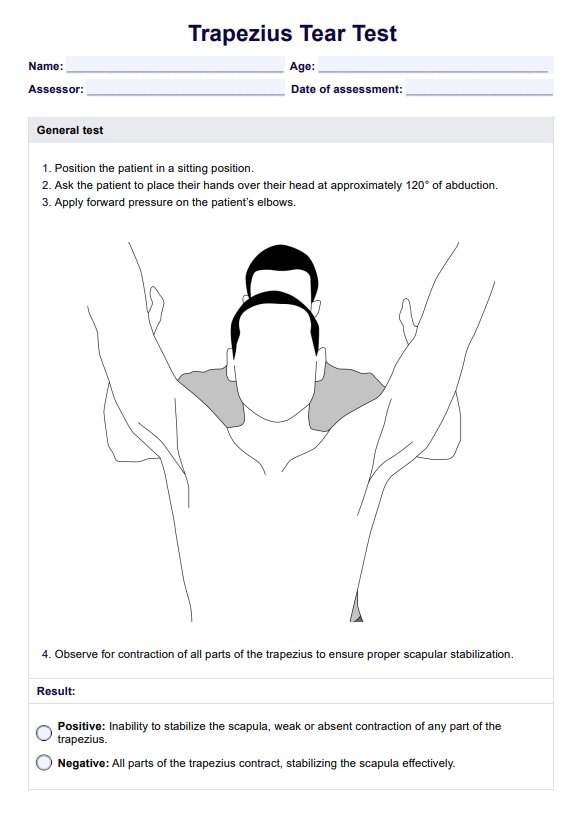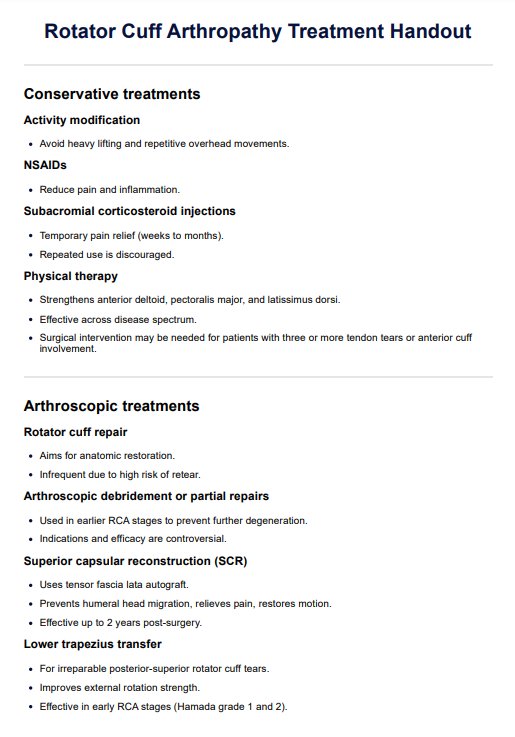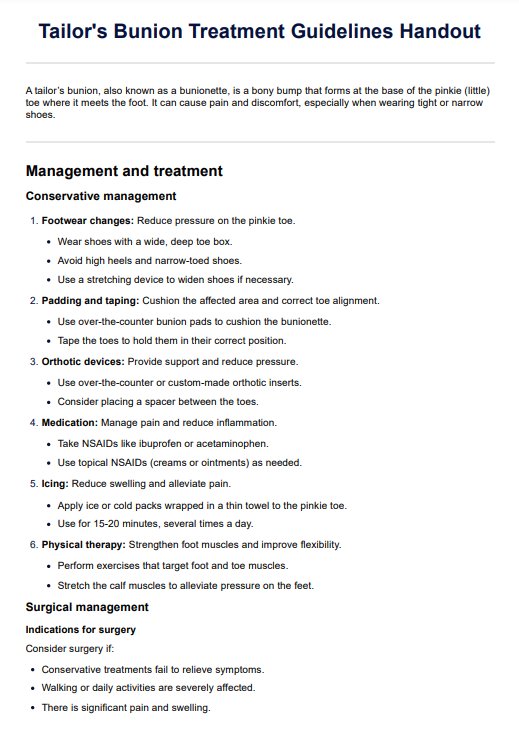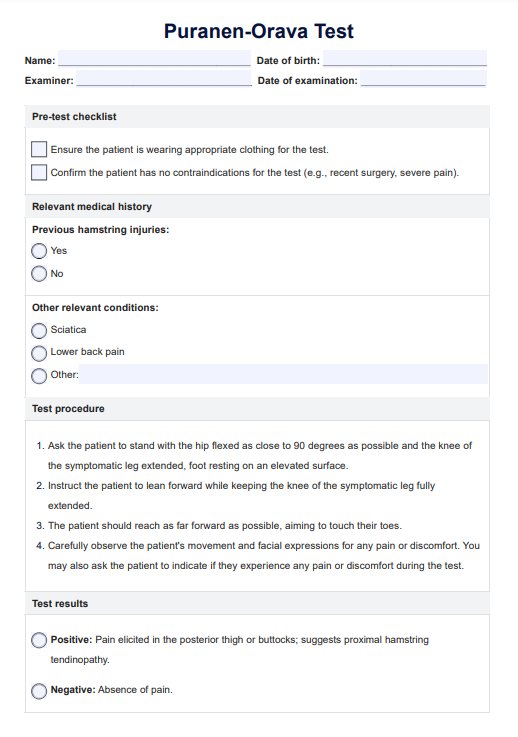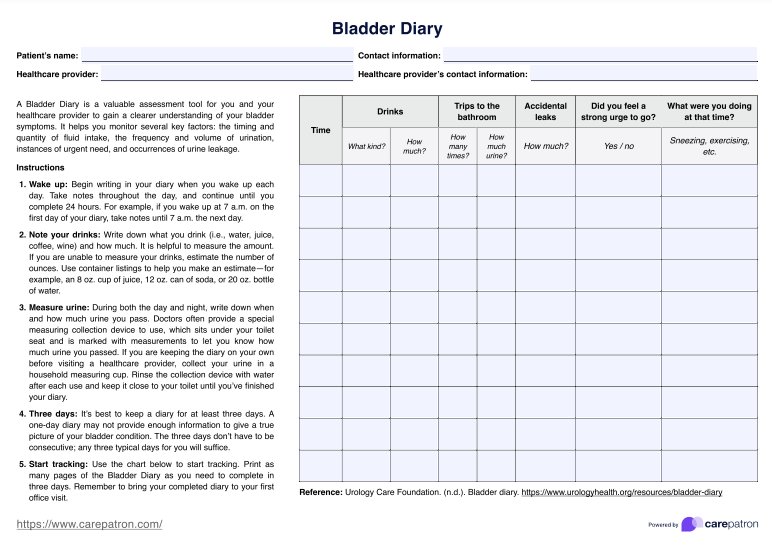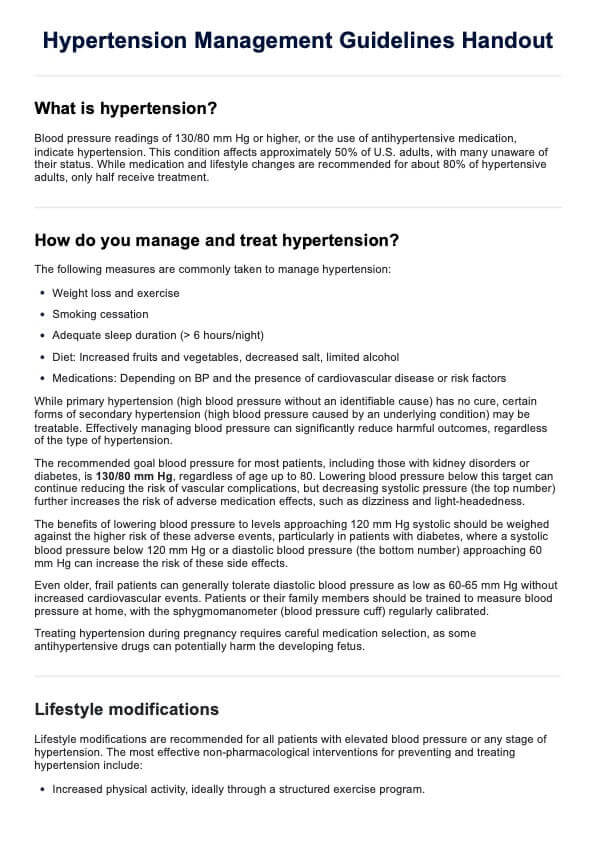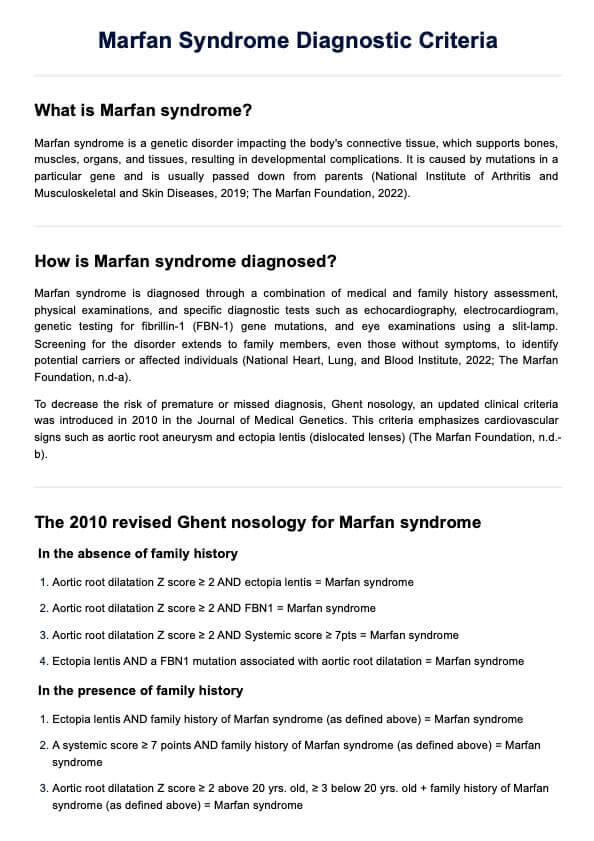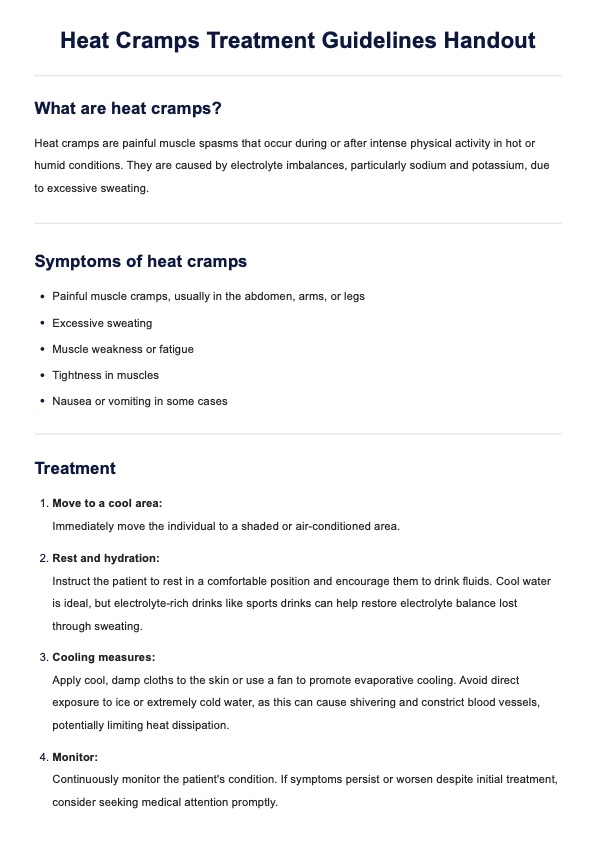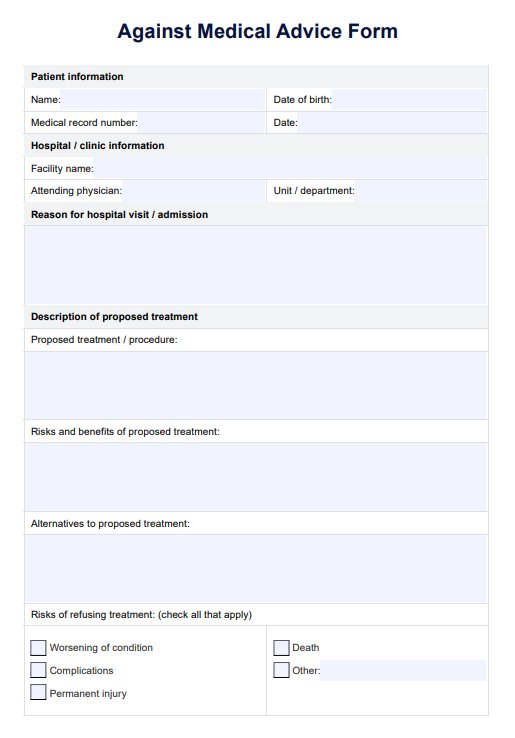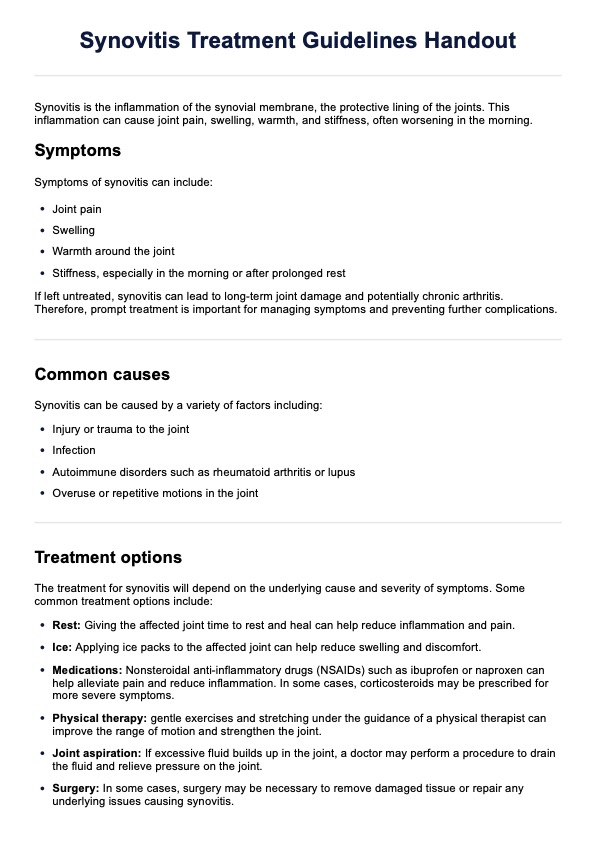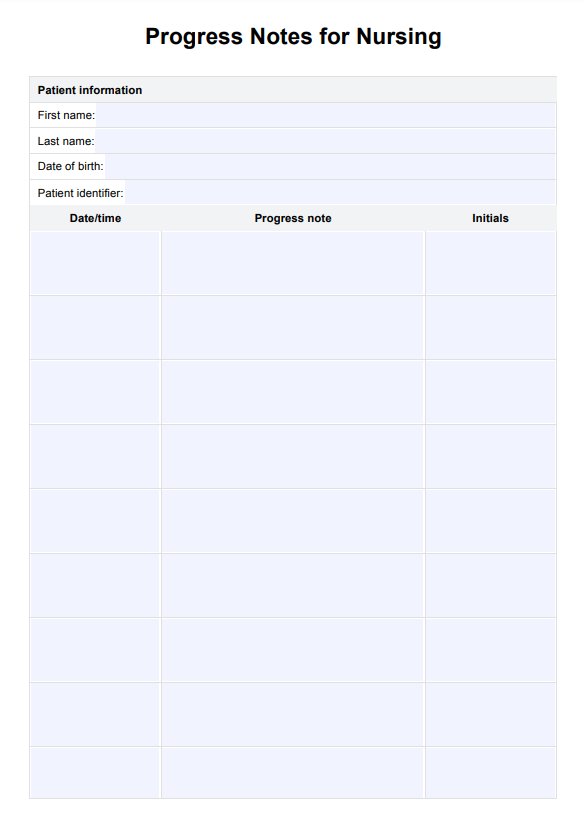Independent Living Skills Checklist Template
Learn about Independent Living Skills Checklists and download our template!


What are independent living skills?
Independent living skills, commonly called life skills, are a person's abilities to be genuinely called independent in daily life. They are essential survival skills, and everyone should have them because they help individuals live, survive, and care for themselves, especially when alone.
These skills are divided into different categories, each representing an aspect of daily living necessary for self-sufficiency. Here they are:
- General life skills (e.g., personal hygiene, dressing up, dental hygiene)
- Emergency and safety skills (e.g., understanding what to do in case of fire or earthquakes, knowing how to interact with law enforcement, knowing basic first aid)
- Nutrition and dietary skills (e.g., can discern what food and drinks are healthy and unhealthy, knows how to build a grocery list, checks food expiration dates)
- Money and financial planning skills (e.g., knows how to budget money, knows how to file taxes)
- Healthcare skills (e.g., knows what to do if they have common health problems, knows how to reach medical providers)
- Sexual health skills (e.g., understands consent, knows the difference between private and public places and behavior, knows birth control)
- Interpersonal and social skills (e.g., knowing what personal space is, knowing how to resolve conflict, knowing how to ask for help, possessing effective communication skills)
- Kitchen skills (e.g., knows how to cook, knows how to use cooking utensils safely, knows how to use kitchen appliances safely)
- Laundry skills (e.g., places dirty clothes in appropriate containers, knows how to segregate clothing when doing the laundry, knows how to fold clothing)
- Household skills (e.g., cleaning rooms regularly, taking the trash outside every day, knowing how to repair things)
- Community skills (e.g., crosses the street safely, takes public transportation, fastens seatbelt when riding or driving a car)
- Housing skills (e.g., knows how to pick apartments/houses, understands terms like lease and sublets)
- Employment skills (e.g., knows how to put together a resume and cover letter, knows how to prepare for a job interview, knows how to conduct themselves in a workplace environment, shows time management, digital communication, and organization skills)
- Legal rights and responsibilities (e.g., knows what their rights are when arrested, knows where to get legal services, knows where to seek legal advice)
Independent Living Skills Checklists are nifty tools for determining whether a person has the essential life skills to live self-sufficiently and autonomously. Social workers often use them in various settings involving cases where they need to identify areas of support that they can account for when dealing with specific people, such as persons with disabilities, older adults living alone, and those seeking help with personal development.
Independent Living Skills Checklist Template
Independent Living Skills Checklist Template Example
How to use the Independent Living Skills Checklist
Our Independent Living Skills Checklist template is easy to use. Follow these steps to use the template:
Step 1: Download and save the template
Download it from our website through the link below and store it on a device for future use.
Step 2: Become acquainted with the categories
Upon downloading, review the template's categories. Familiarizing with these categories provides an overview of the variety of skills to be developed.
Step 3: Evaluate present abilities
Before engaging with the checklist, assess the existing skills in each category. This step helps identify areas for improvement and allows for the definition of personalized growth targets. Continue through the categories, addressing skills according to the client's priorities. The template is designed to be flexible, allowing for a tailored journey that meets individual needs and preferences.
Step 4: Monitor progress
Check off each skill on the checklist as it is mastered. Tracking progress provides a sense of accomplishment and encourages the continued development of a diverse skill set.
When is it best to use this free life skills checklist?
A checklist is an excellent way to monitor progress. Here are some instances when it can be most valuable:
When support services are assessing persons with disabilities
Suppose you're a social worker specializing in supporting persons with disabilities. In that case, you can issue this Independent Living Skills Checklist to them or their companions (just in case the person with a disability cannot use their hands) to learn what independent living skills they can do on their own without problem, which ones require practice, and which ones they can't do or need support.
When counseling young adults about independent adult life
If you're a counselor or social worker who talks to young adults about independent adult life before they finish their studies and go to the "real world," you can use the Basic Life Skills Checklist during your discussions. This checklist can help counselors and social workers zoom into the independent living skills that these young adults and teens need more practice on or need to learn so that when they start living autonomously, they can become self-sufficient and responsible adults. They also help with tracking a teen's progress.
When life coaches are handling new clients
If you're a life coach or a personal development coach handling new clients, one way to get to know them, their current strengths, and areas of improvement is to use an Independent Living Skills Checklist.
Commonly asked questions
Social workers, physical therapists, occupational therapists, life coaches, personal development coaches, educators, and anyone specializing in life skills.
It depends on the client. If any of these professionals have scheduled sessions to discuss independent living skills, they can issue this to get a baseline understanding of what their clients can do and where they need support. It can even be used to check the progress of clients.
Of course! You can download and use this checklist for personal reasons. If you’d like to know which aspects of your life need more work to be truly self-sufficient, this checklist should help.


